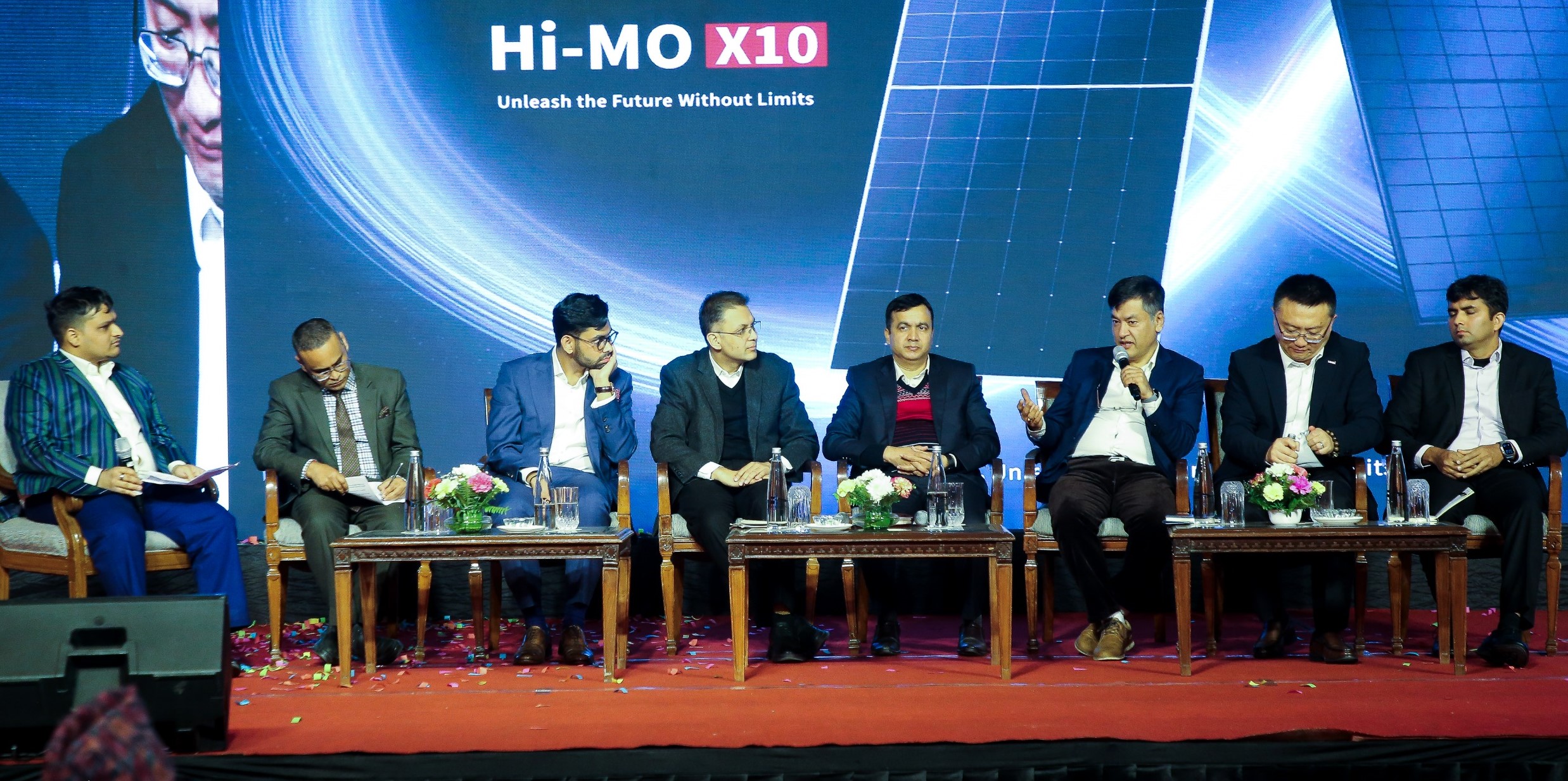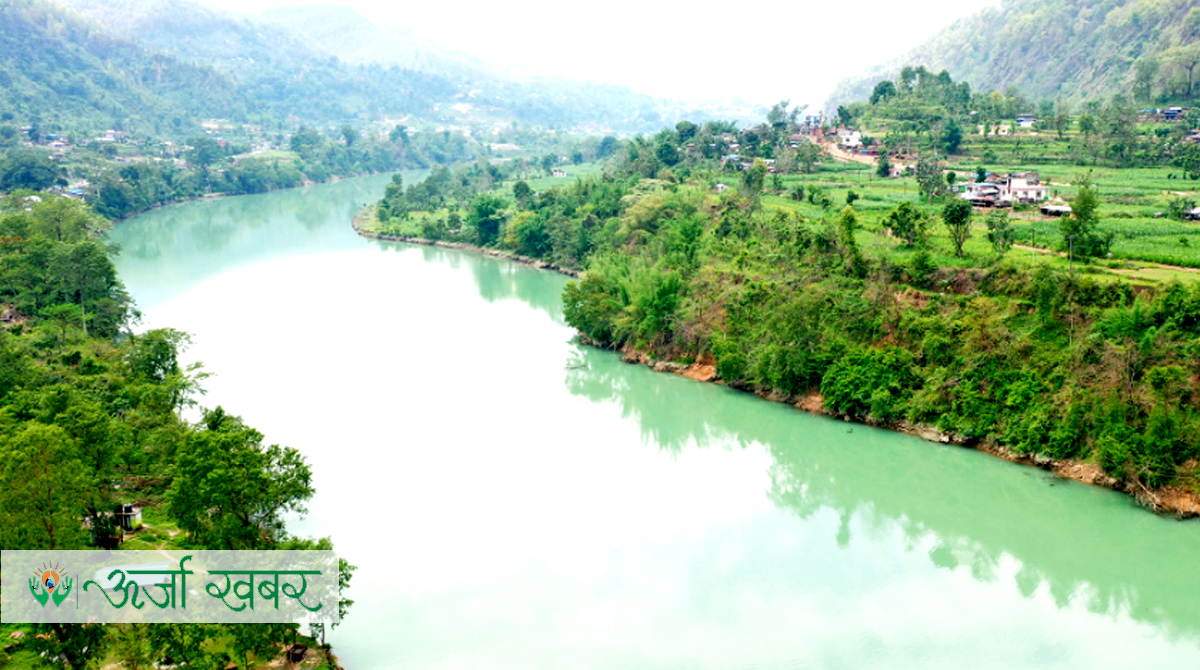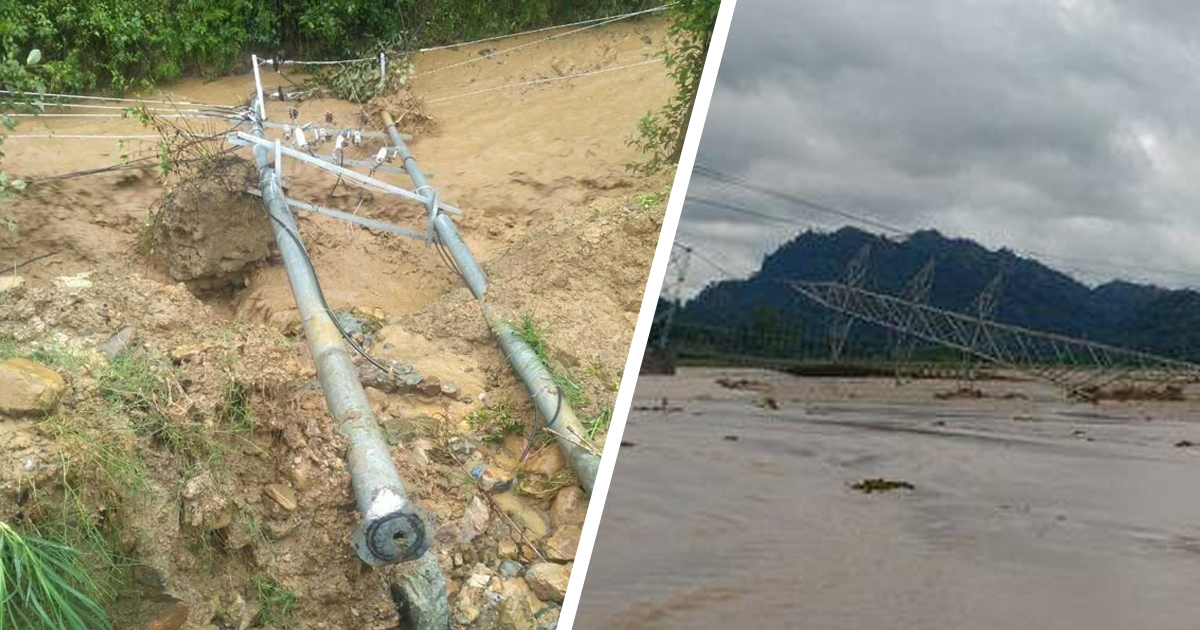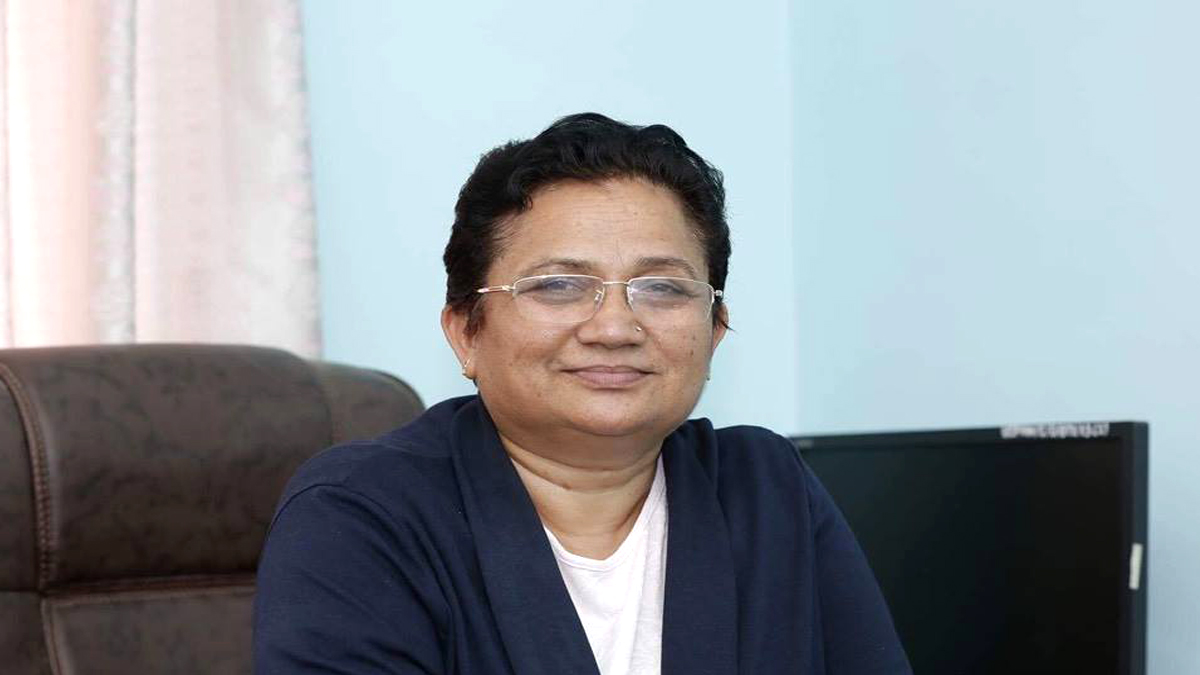Energy Update
Manufacturing encounters energy problems just as industries were recovering from pandemic blow
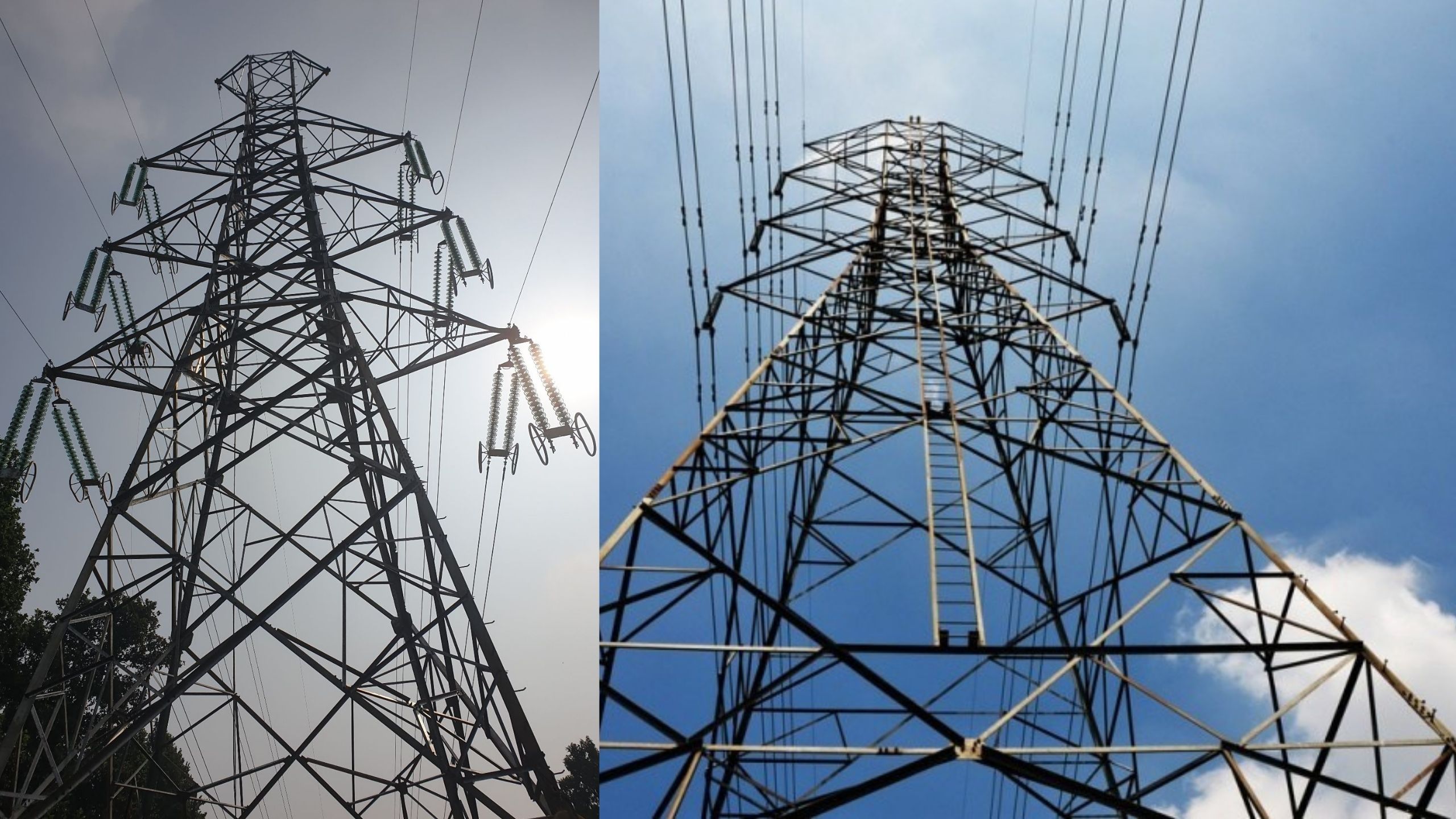
Kathmandu: Nepal's manufacturing sector was severely hit last year by subdued demand and supply disruptions caused by the Covid-19 pandemic. When factories eventually started increasing their output, they encountered another problem—load-shedding and circuit breaker tripping due to overloaded systems.
Medium and large factories in Bhairahawa have again been forced to slash production for the last few weeks as they are not getting sufficient electricity.

Factory owners say that power cuts have not only pushed up their cost of production but also caused losses to daily wage labourers whose incomes were badly hit last year due to Covid-19.
They said that frequent circuit breaker tripping due to unreliable distribution and weak local transmission system had led to frustration. Circuit breaker tripping is particularly observed by large factories including cement, iron, steel and grain milling plants.

According to industrialists, the problem of circuit breaker tripping increased particularly from the third week of February, although such problems have existed for a long time.
"It is difficult to run a factory without regular electricity supply. And even if there is power supply, it keeps fluctuating, causing problems,” said Ravi Ranjan Kumar, general manager of Brij Cement in the Bhairahawa-Lumbini Industrial Corridor.
“Circuit breaker tripping, which leads to power fluctuations and damages electrical equipment, has resulted in losses in the millions,” he said.
He said that the Rs1.8 million stabiliser in his factory was damaged due to power fluctuation. “We have brought technicians from Pune, India to repair it.”
Kumar said that due to alternating high and low voltage, the feeder of the main plant producing Portland slag cement (PSC) was also burnt. “We were forced to bring technicians from Noida, India to repair it.”
According to him, production of PSC cement had to be stopped after the equipment broke down. "We have incurred losses. Where should we claim compensation?" The production of cement has declined to 20,000 bags daily from 30,000 bags.
The factory is also using diesel plants for cement production due to non-reliability of the electricity supply from the national grid.
The production cost of cement when using diesel fuel increases by Rs30 per bag of cement.
The factory said that when production goes down by 10,000 bags of cement daily, the government sees revenue losses of Rs600,000 in taxes.
Kumar is not the only one with a tale of woe.
Load-shedding and circuit breaker tripping has impacted nearly four dozen large-scale factories, including one and a half dozen factories in the Bhairahawa-Lumbini Industrial Corridor and a similar number of plants in the Bhairahawa-Parasi Industrial Corridor.
There are 11 cement factories operating in Bhairahawa and 11 steel factories in the Bhairahawa-Parasi area. These plants have been operating at only 60 percent of capacity due to a slowdown in development activities.
State-owned power utility the Nepal Electricity Authority has issued a circular requesting factories to halt production for at least one day a week so that others would get to use the electricity saved.
According to factory operators, the letter from the Nepal Electricity Authority has no signature. Factory operators say it is 'undeclared load-shedding'.
On May 14, 2018, the Nepal Electricity Authority officially announced elimination of load-shedding for the industrial sector, a year after relieving residential customers who had suffered never-ending power cuts for decades. The announcement marked the end of load-shedding all over the country.
Anjani Kumar Yadav, engineer of the Nepal Electricity Authority in Bhairahawa, said that demand for electricity could not be met in Bhairahawa and surrounding industrial areas. The electricity imported from India is not enough to fulfil demand, he said.
“As we have to import electricity from India and bring it over long distances, it has caused problems like circuit breaker tripping," he said. "Besides, the transmission lines in the Bhairahawa area are too old to handle the load."
According to Yadav, they have issued a notice to shut down one factory for a day to manage the load. “The closure of one factory will enable others to run smoothly, and there will not be problems of circuit breaker tripping too.”
Yadav said that the existing transformer capacity in the Bhairahawa-Lumbini Industrial Corridor is 20 MVA while a 23 MVA power transformer is needed.
According to entrepreneurs, circuit breaker tripping has been occurring three to 11 times daily since March 9. Most of the factories in Bhairahawa have a capacity to run 24/7 but they barely operate for 11 hours a day.
Suraj Uprety, managing director of the SR Industrial Group and operator of SR Steels, said that there was a problem of uneven distribution of power supply even after shutting down one factory for one day a week.
"Power fluctuation is dangerous for factories. If the temperature fluctuates, the goods that have reached the final stage normally turn into scrap,” he said.
Umesh Jha, chief of the Nepal Electricity Authority's power grid division in Butwal, said that factories were facing a problem of load-shedding because the planned import of 150 megawatts from India has been halted due to station maintenance work in India.
"Imports will be resumed soon," Jha said. “But even if the import is resumed, the old transmission infrastructure in Bhairahawa will keep creating problems of circuit breaker tripping,” he said.
“The problem will be resolved once the under-construction Manhaiya substation comes into operation.”
Conversation
- Info. Dept. Reg. No. : 254/073/74
- Telephone : +977-1-5321303
- Email : [email protected]









